In summer, loofah, pulp, cucumber and other melon vegetables are fresh on the market, crisp, tender and refreshing, and are deeply loved by people.
However, there has been news recently that eating bitter loofah and pulp will lead to poisoning and even poison a family…
This is really not a rumor.
Bitter pulp and loofah do contain toxins, and some people have died as a result.


A plate of fried vegetables can kill you.
Vegetables such as pulp, towel gourd and gourd all belong to Cucurbitaceae plants. Under special conditions, they will produce a kind of bitter toxic substance: cucurbitacin.
Studies have shown that cucurbitacin is a highly toxic substance. It will produce strong cytotoxicity in human body, causing a variety of poisoning symptoms, such as vomiting and diarrhea, gastrointestinal hemorrhage, liver and kidney function damage, hair loss, etc., and even death in severe cases.
At present, there are more than 20 kinds of known cucurbitacin with strong and weak toxicity, among which cucurbitacin C, D, E and I have all had fatal cases.
Molecular Structure of Cucurbitacin B
▼
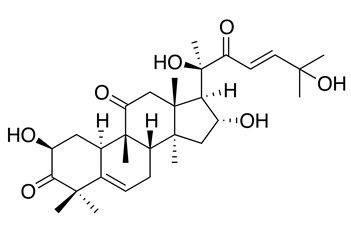
Photo Source: Provided by Author
Among all kinds of cucurbitacin, the most terrible is cucurbitacin D contained in bitter pulp, which is more toxic than arsenic:
The oral lethal dose of cucurbitacin D in mice was as low as 5 mg/kg body weight.
The oral lethal dose of arsenic in mice is only 31.5 mg/kg body weight.
It is not alarmist to say that cucurbitacin is more poisonous than arsenic.
The pulp grows like this
▼
There are also slender varieties.
▼
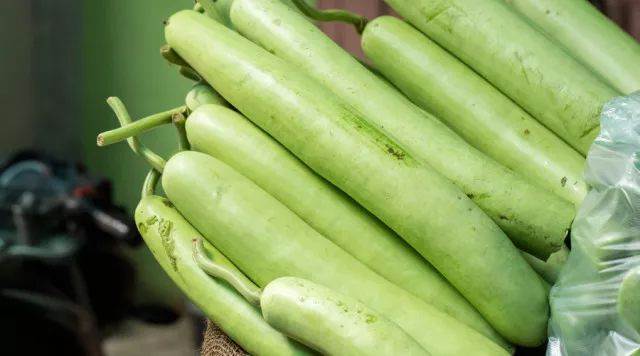
Not long ago, Mr. Chen from Wuhan fried a dish with his own pulp. Although it tasted very bitter, he thought that hardship could clear the fire. After eating more than half of the dish by himself, he suffered from serious poisoning symptoms, not only vomiting and diarrhea, but also vomiting blood.
After hospital treatment, Mr. Chen was diagnosed as extensive gastric bleeding and erosion caused by food poisoning, accompanied by liver and kidney function damage.
There are many literature studies, all of which have reported cases of poisoning caused by suffering towel gourd and bitter pulp.




Not only at home, but also in neighboring Japan, some people died from eating bitter loofah.
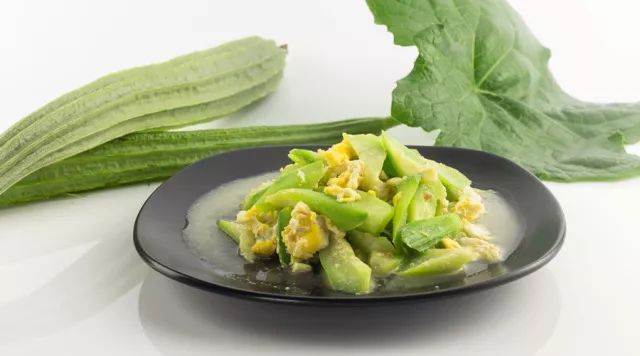

Don’t eat melon fruits and vegetables that are especially bitter!
Many vegetables and fruits we often eat are of Cucurbitaceae, such as loofah, cucumber, melon, watermelon, wax gourd…
Generally speaking, cucurbitaceae vegetables and fruits have produced little or no cucurbitacin and have no bitter taste after long-term human breeding.
However, there are some special circumstances:
- Some plants may undergo [atavism] and restore their ability to synthesize cucurbitacin, such as gene mutation, poor planting conditions (such as drought and low temperature), etc. Pollen from bitter wild plants [pollutes] cultivated plants, and the hybrid seeds are planted, and the next generation of fruits harvested may suffer from bitterness.
Among the common cucurbitaceous vegetables and fruits, pumpkin, zucchini, cucumber, melon, watermelon, loofah, wax gourd, pulp, etc. can occasionally encounter fruits with extremely bitter taste.
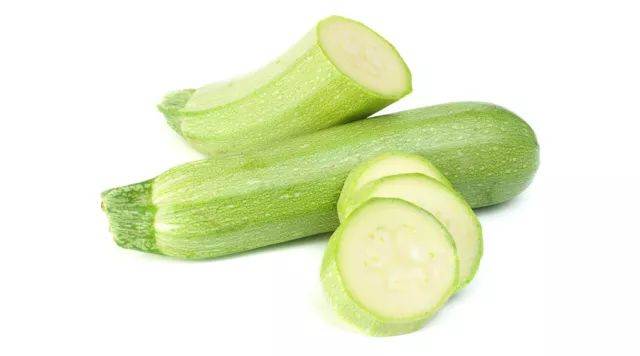
However, as the top food in the food chain, human beings are not [vegetarian] either. We are actually very sensitive to the bitter taste of cucurbitacin.
Generally speaking, if cucurbitaceous vegetables or fruits are too bitter to swallow, don’t eat them!
Don’t think you can clear the fire! It’s really poisonous! Don’t eat!

Momordica charantia is the only exception
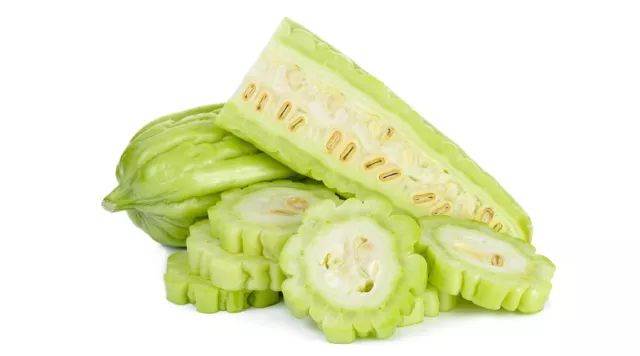
Momordica charantia is also a cucurbitaceae plant, which may also produce cucurbitacin.
But don’t be afraid, the bitter taste of balsam pear comes from two kinds of ingredients: cucurbitacin and balsam pear glycoside.
The content of cucurbitacin in balsam pear is relatively small, and balsam pear glycoside is unique to balsam pear plants, so balsam pear has mild bitter taste, but it is not difficult to swallow, and there is no need to worry about poisoning when eating normally.
But if you think balsam pear is bitter and not delicious, it’s nothing if you don’t eat it.
Finally, I would like to remind you once again:
Don’t be superstitious that bitter food can [clear away heat] [reduce fire], don’t be afraid of waste, and don’t eat especially bitter cucurbitaceous vegetables and fruits, whether you buy them or grow them yourself!
Responsible Editor: Feidi
References:
J. Gry et al. (2006) Cucurbitacins in Plant Food. TemaNord 2006: 556.
U. Kaushik et al. (2015) Cucurbitacins-An insight into medical leaders from nature. Pharmacognosy Review, 9 (17): 12-18.
Tamura Y, Maki T, Kan K, Nagayama T, Naoi Y. Outbreaks of food poisoning through chemicals and natural toxicants in Tokyo. I. 1980-1982. Ann Report Tokyo Metro Res Lab Public Health. 1983; 34:171-7.
